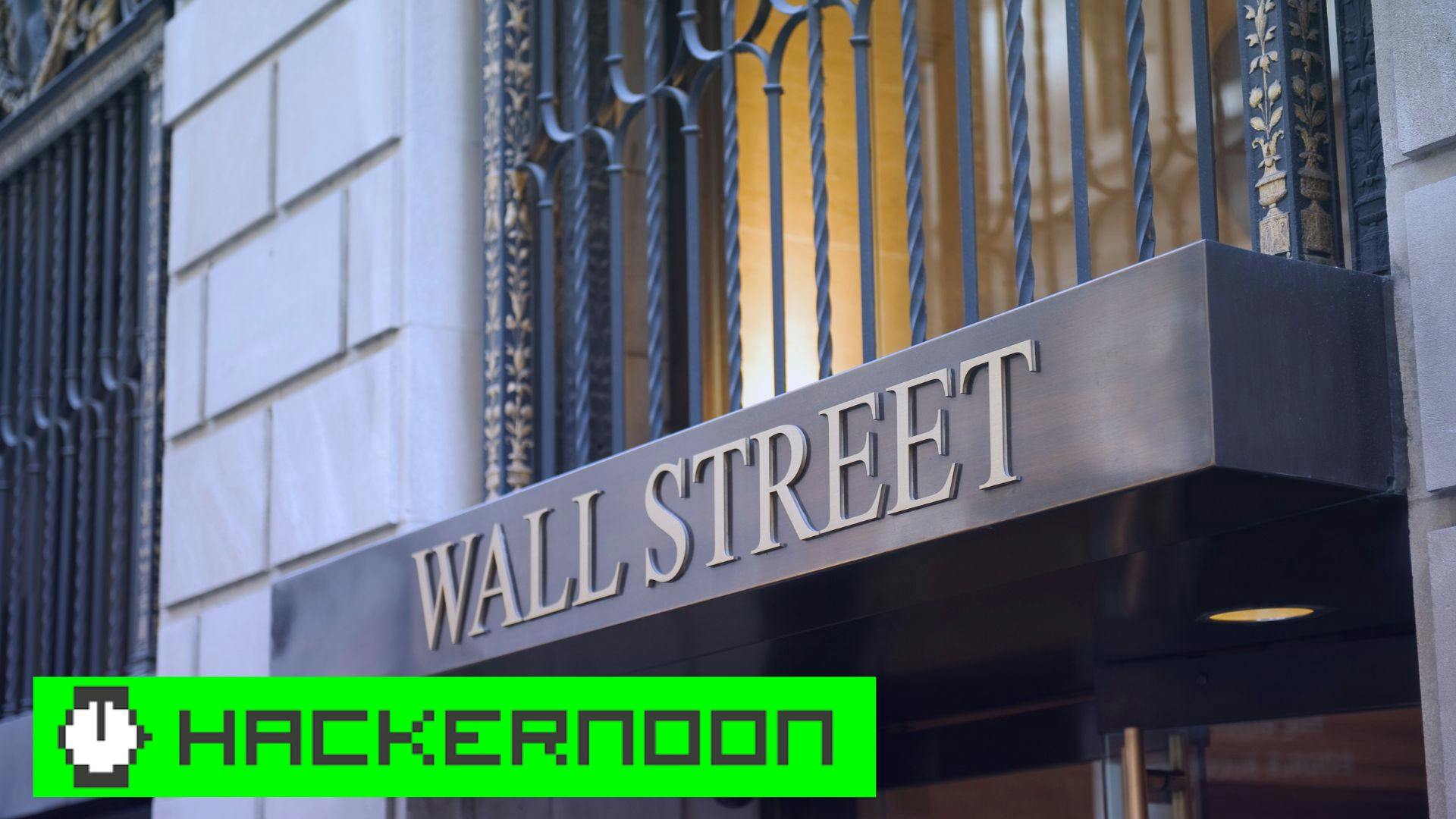491 reads
Exotic Markets Bringing Derivatives & Structured Products to Solana Ecosystem
by
February 5th, 2022
Audio Presented by

Building and Covering the latest events, insights and views in the AI and Web3 ecosystem.
About Author
Building and Covering the latest events, insights and views in the AI and Web3 ecosystem.
